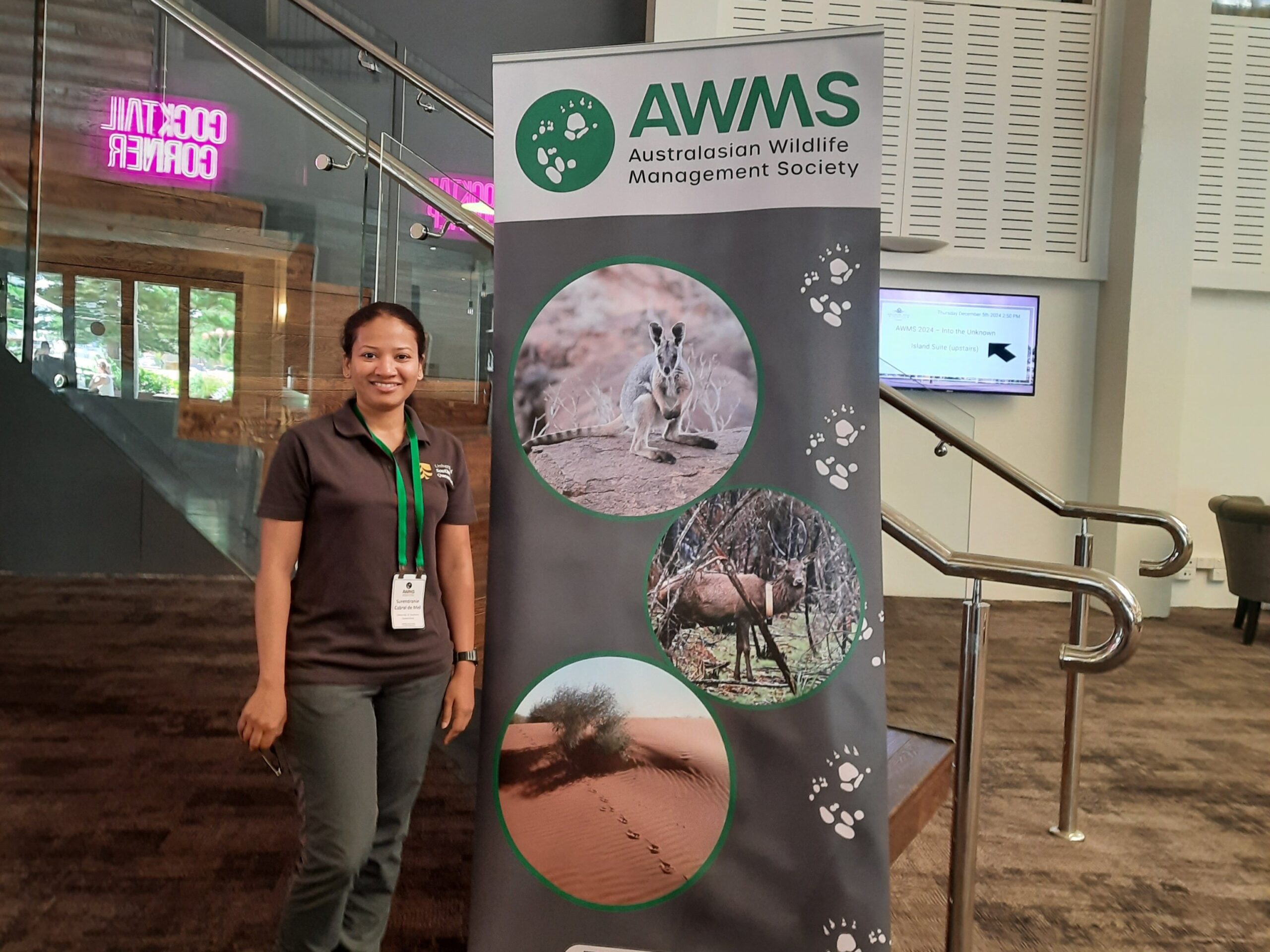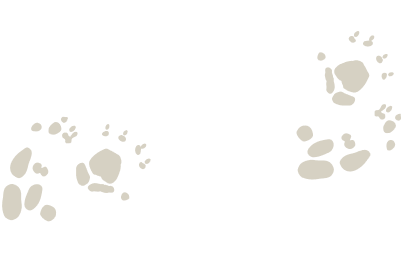The Best Student Presentation award is a highlight of the AWMS conference, recognising and encouraging outstanding achievements by student participants. All students who are members of AWMS and serve as senior authors of their presentations are automatically eligible for consideration.
A distinguished panel of academic members evaluates each student presentation based on a carefully crafted set of criteria, including content, delivery, originality, and relevance to wildlife management.
The winner of the ‘Best Student Presentation’ award receives the esteemed prize of three years’ membership to AWMS, fostering their continued engagement with the Society and its invaluable network of wildlife management professionals.



